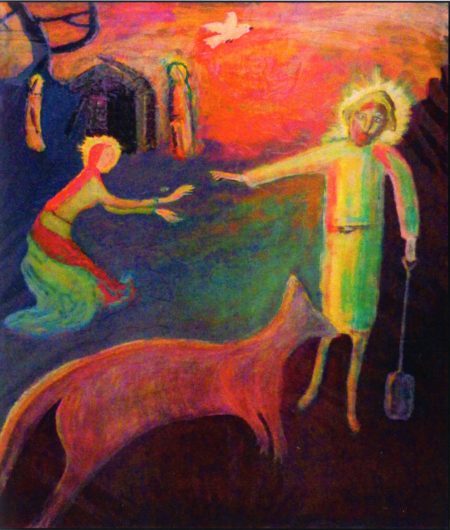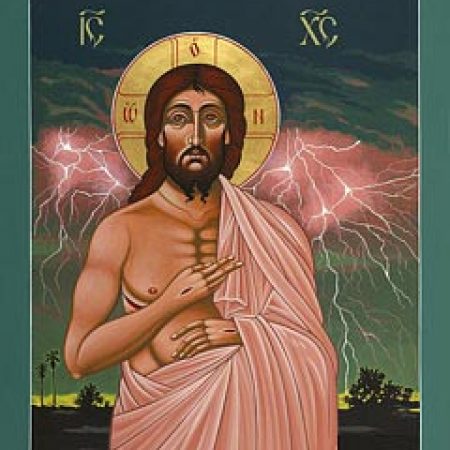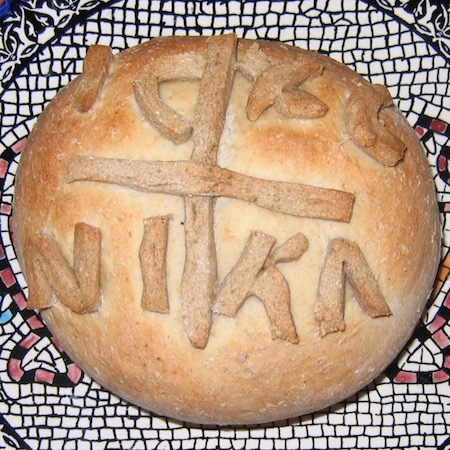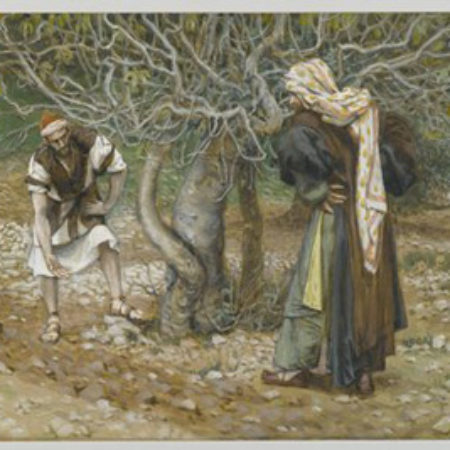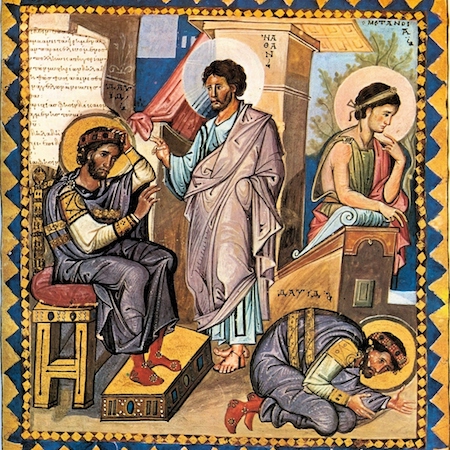It is only in light of the resurrection that we can comprehend the sin and death that we are being liberated from.
Sermons on Sin
A close encounter with God in Christ can make us paralysingly aware of our own sin and failure, but the experience of grace can transform that into a solidarity and gratitude that empowers us.
The abusive use of anger to manipulate other people’s behaviour is, Jesus says, on the same spectrum as physical violence, and Jesus calls this preacher to repent of it.
The forgiveness encountered in Jesus is extravagant and all-inclusive, but those who determinedly reject and demonise the Spirit’s winds of change can cut off their own access to it.
Jesus calls us to unite as his body around his table, and if we come to the table without seeking that unity, we dishonour Jesus.
When God is moving to do something new among us, it almost always seems scandalous, immoral and offensive to many, and is just as likely to involve those who are regarded as morally suspect.
Jesus sets out to reshape our view of the relationships between sin, repentance and disaster, and if possible, to call us out of our spiral into global self-destruction.
In a world that is hell-bent on self-destruction, Jesus calls us to gather to him and to love faithfully and vulnerably with him, rather than surrendering to the hate and fear.
Sickness and sin are similar and related disorders from which Jesus comes to to heal and save us.
We are often blind to our own entanglement in evil, but when our eyes are opened, we are called into pathways of repentance and transformation that lead to life and healing.
All of us, men especially, share responsibility for confronting and changing the culture that enables men to feel entitled to rape, and Jesus leads us into the new culture that sets us all free.
Recognising what sort of sacrifices we are called to make and what sort of sacrifices we are called to refrain from making is crucial to faithfully following the way of Jesus.
Jesus subverts our concepts of sin and offers to open our eyes and free us from it all.
Satan casts out satan all the time in our divisive attempts to protect ourselves by demonising and expelling others.
In Baptism, Christ has united us with himself in his death to sin and his resurrection to radically new life.
We are bringing upon ourselves a global catastrophe, but the prophet Joel assures us that ultimately God will save his people.
The power of sin over us will not be broken by trying harder, but by pursuing Christ and Christ alone.
Christ is sacramentally present to heal and forgive when his people are open, honest and vulnerable with one another in seeking healing for their sickness and suffering.
Jesus is not calling us to self-mutilation, but he is saying that our efforts to root out sin in ourselves need to be as rigorous as it takes, even if it means appearing like a fanatic.
Sin seeks to enslave our bodies, but if we will take on Christ’s yoke we are incorporated into Christ’s body for redemption.

